Related Industry Knowledge
The principle of hydrogen embrittlement of fasteners
Dec 09, 2021 View: 1595
When hydrogen atoms enter steel and other metals, it will exist on the crystallization of the material. When stress is applied to the metal, it will reduce the ductility or load bearing performance of the metal. Hydrogen embrittlement is delayed damage. Because hydrogen in steel exists in the stress concentration area, it takes some time until delayed failure occurs. In general mechanical performance testing, the importance of ductility is often ignored and missed, and it cannot be used in a short time. The test measures the tendency of delayed failure, so that even if the fastener is in a satisfactory mechanical performance state or standard design strength (such as hardness, yield strength, impact, etc.), it still cracks, often caused by very small cracks. The collapse.
This phenomenon is often attributed to delayed failure by hydrogen effect, hydrogen stress cracking or hydrogen embrittlement in alloys. Hydrogen embrittlement may be one of the worse causes for fasteners because it is delayed failure. It usually occurs after 24 hours of assembly, but there is no certain precise time. Commercial fasteners that have a hardness of Rockwell C34 or above after electroplating can easily cause hydrogen embrittlement failure. These types include self-tapping screws, spring washers, Sems (self-tapping screws with combination washers), nut combination washers, bolts and all countersunk screws.
You Might Also Like
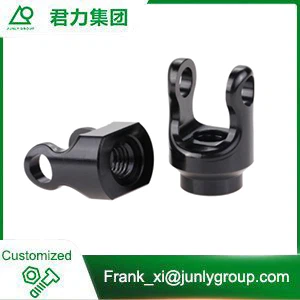
Aluminum Alloy CNC Machining Parts For Medical Devices
Learn More
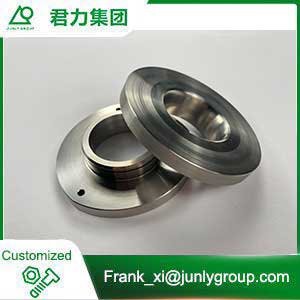
Flange Accessories
Learn More
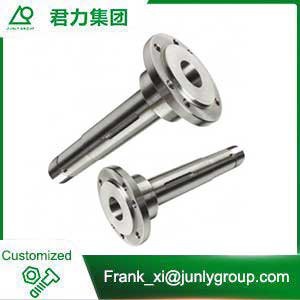
Stainless Steel Machined Parts
Learn More
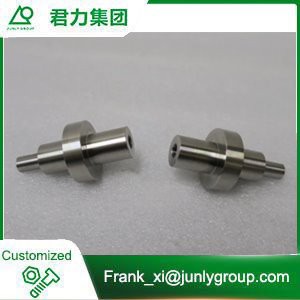
High Precision CNC Machined Lathe Medical Part
Learn More
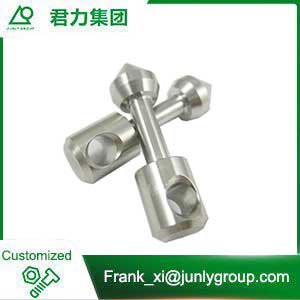
Precision Machined Parts
Learn More
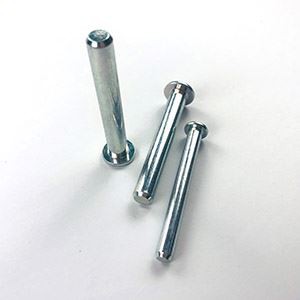
Hex Socket Button Head Screws
Learn More
Send Inquiry
Copyright © SIP Junly Industrial Precision Co., Ltd. All Rights Reserved.